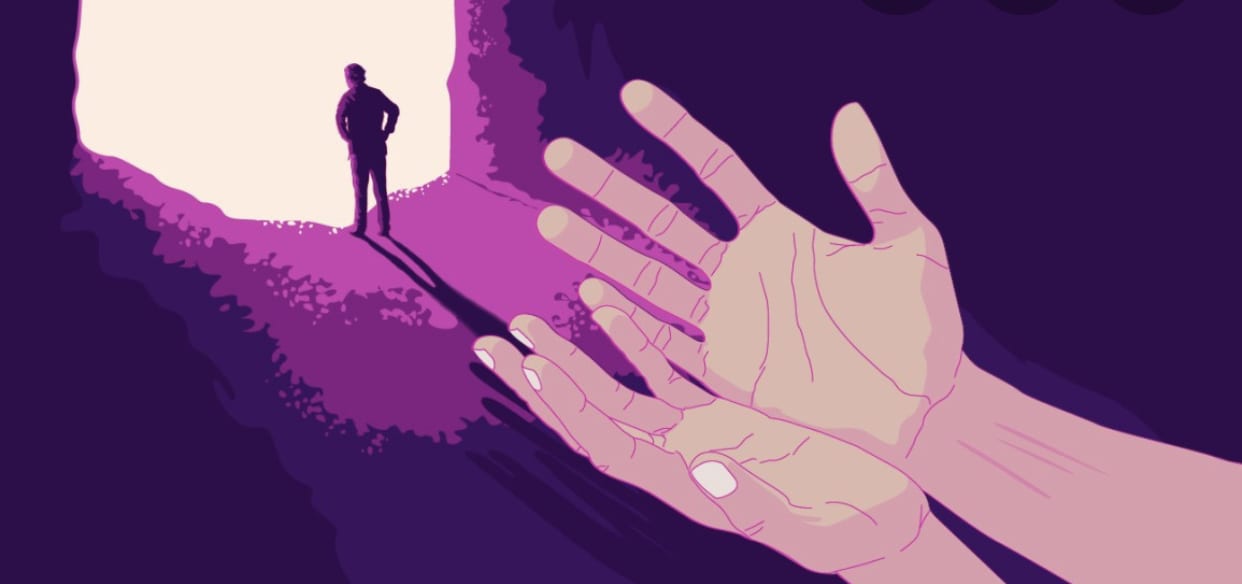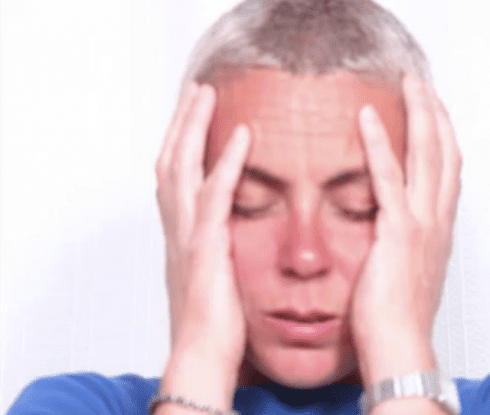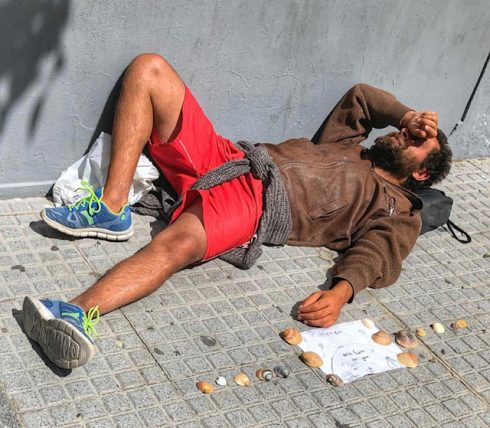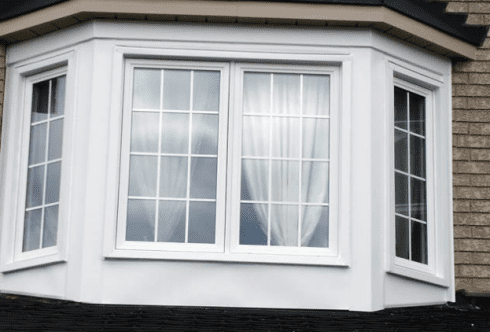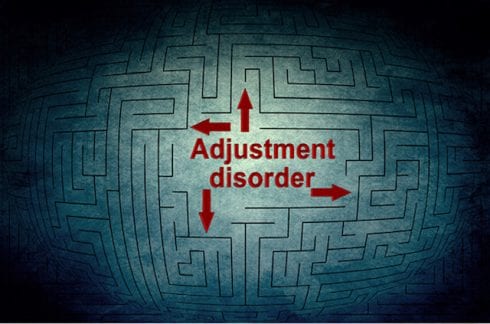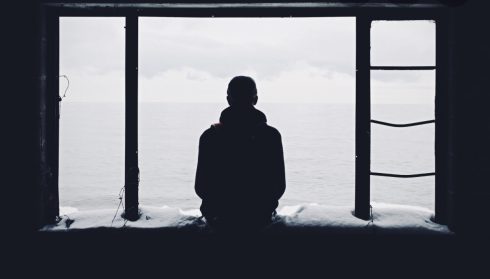
Being alone can be something that suits some people very well, a need for isolation in a sometimes stressful world can be the difference between living in peace, and living in a constant state of anxiety. However, what is particularly pertinent to the community here is that sometimes to be alone is not a choice, but rather a set of circumstances. These can be due to the fact that we live in a transient community. It could be that a lot of people work from home, and also that language might be a barrier to integrating and making friends.
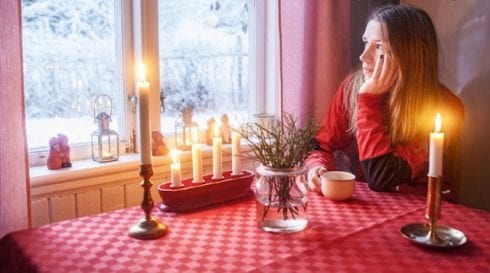
As we head towards the Christmas period it can become more heightened if someone is alone, and this aloneness can lead to a sense of loneliness. It would seem that recently there have been too many cases reported of people being found in their properties, having died some time previously, and yet nobody has missed their presence.
Recently I have had three incidents that have highlighted the plight of being alone as a migrant in another country. The first was when I was talking to someone I see regularly on my daily dog walk. We got to talking about how this person had moved to Spain and their partner had died suddenly. The sense that they had, was that they could very easily die and it might well take someone a while to even notice their absence. This might sound difficult to believe, but imagine you have no relatives or ‘friends’ here. Perhaps the only people you know are actually acquaintances, with their own families.
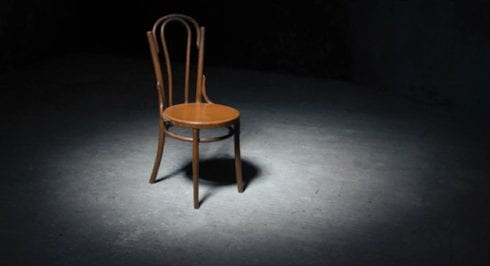
The second incident was when I was told by a medical professional here in Spain that families rally round their sick relatives in hospital, so the job of the nurses is not generally to offer personal care to patients. This made me think, and it made perfect sense as we do live amongst a culture of very family orientated people. Which leads me to the third incident.
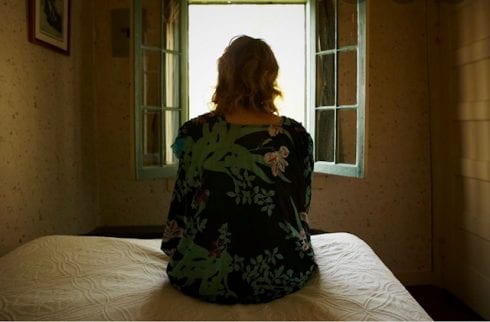
The latest time which highlighted for me this sense of being all alone was my experience of seeing a lady in a local hospital. This elderly lady was at the end of life. She had no visitors at all and I have to confess to finding it sad, and very thought provoking to witness. I very much believe in the comfort and power of human touch during traumatic experiences, and at the end of life.

One of the ideas of existential psychotherapy is that we enter the world alone and we leave the world alone. I strongly believe this, but to be greeted upon entry and held during exit is, I believe comforting and important. I will always remember hearing about a victim of an incident in London relaying how she believed she was going to die as she was led away to an ambulance. The single most important thing she recalled was a police officer holding her hand during this time, and the comfort it had given her. It has always stayed with me as such a human and natural response to another’s suffering.
This is not supposed to be a morbid post but more of a way in which to raise awareness, particularly coming up to a holiday that is traditionally spent with friends and families. An awareness that there are many people here who do not have familial support. I believe we should look out for these people. As I said at the beginning, some people can only function when alone. But really, what harm would it do to invite a person you see on their own at all times for a coffee? The worst case scenario? They might say no. It really is not a lot to lose.
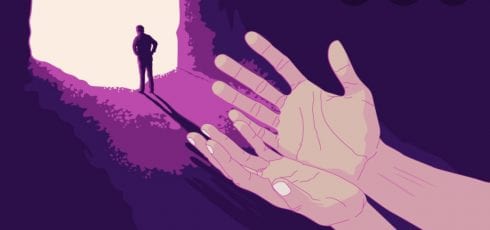
And if we can return back to the tricky subject of being alone at the end of life for one minute. We have long had birth doulas who support women through labour and birth. What about end of life doulas? They are very popular amongst cultures who are more open to accepting that death is a part of life, so to say. If you or one of your friends/relatives is here in Spain alone you might want to consider an end of life doula. Read more at www.the guardian.com>lifeandstyle>nov>end-of-life-doulas

